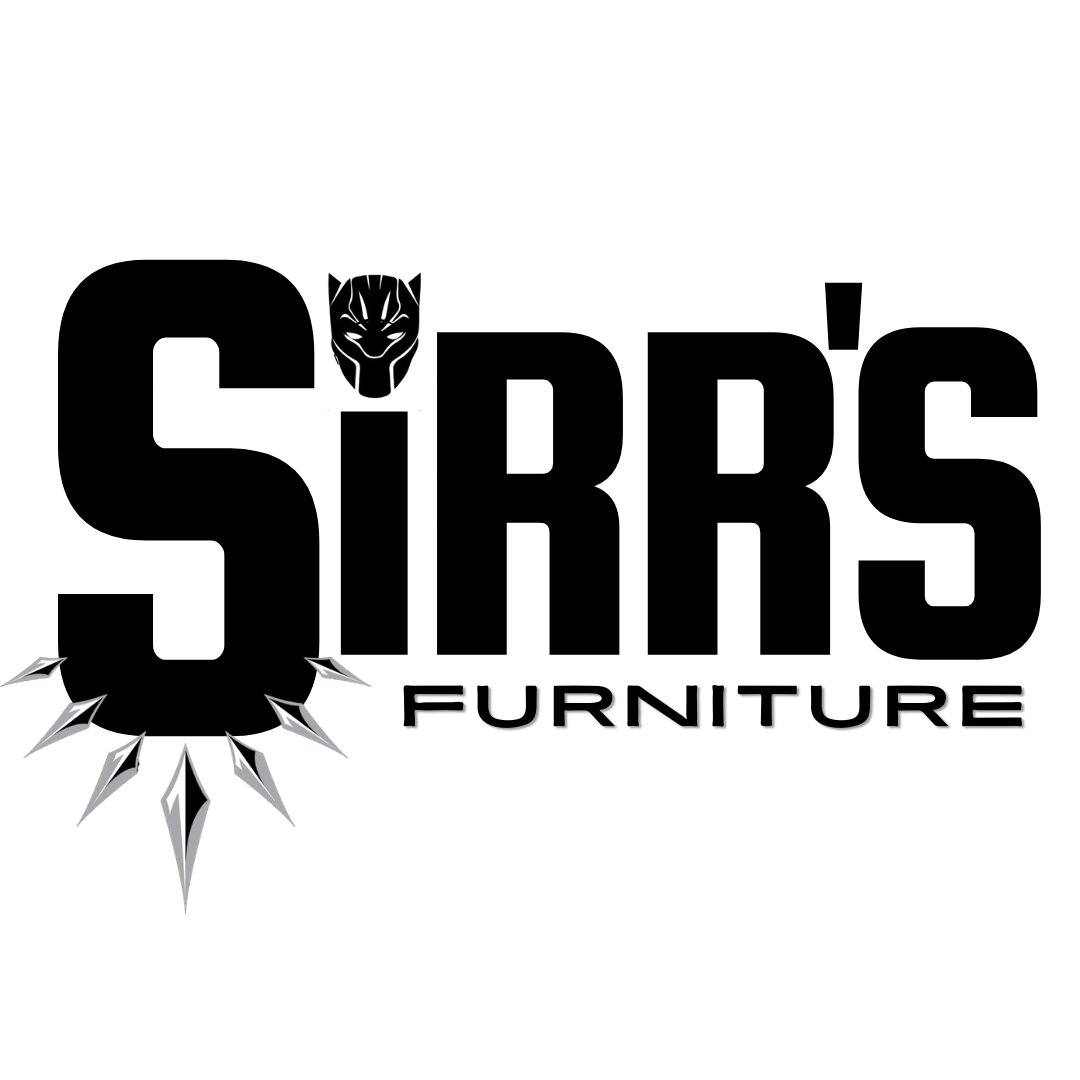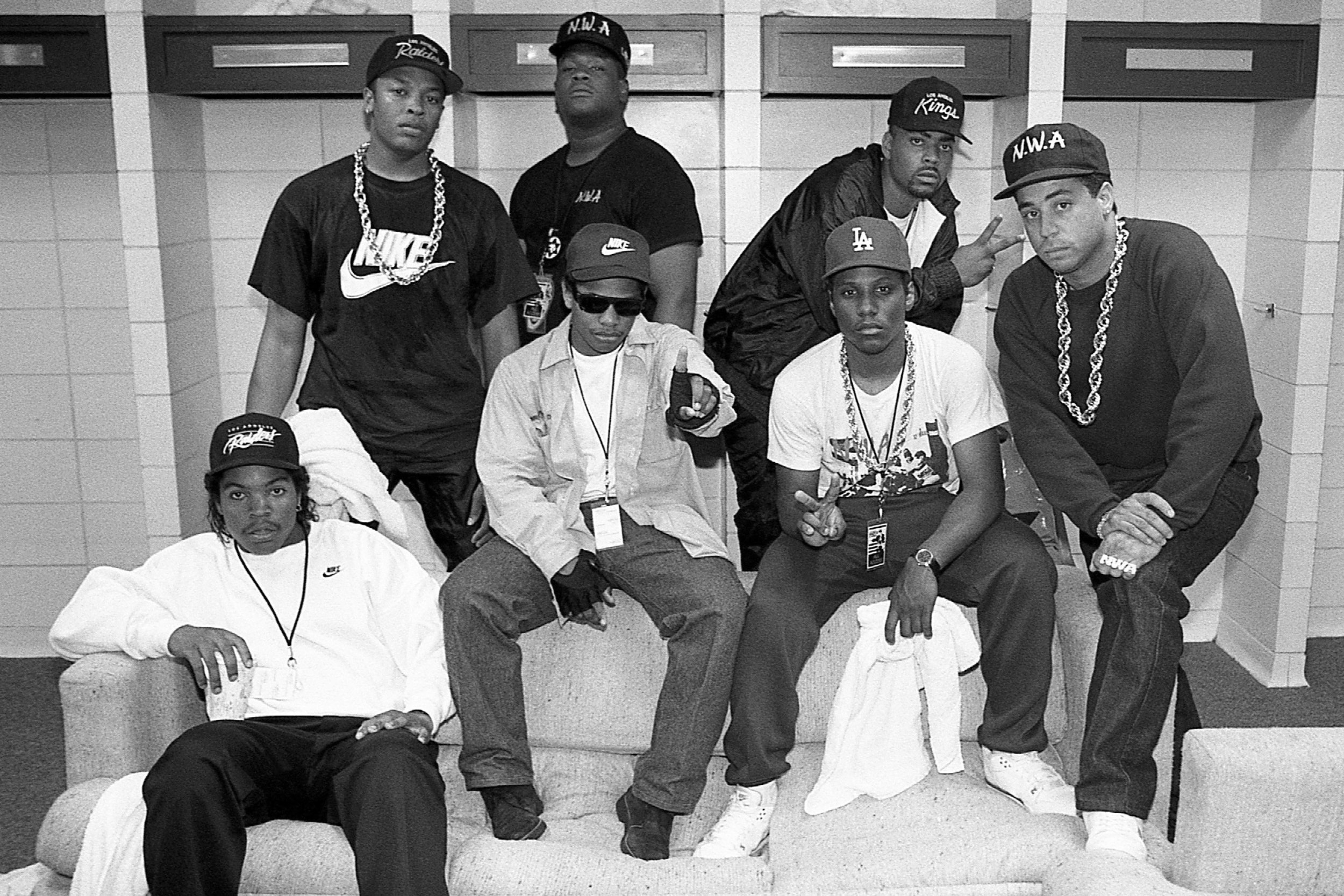Rap and Hip Hop artists today are often ridiculed by older generations for the blatant promotion of drug use in their music and the heavy influence it has on this generation. The idea that original gansta rappers made drug dealer music, but newer rappers are making drug user music, has been a recurring topic of debate. Does today’s rap and Hip Hop have the wrong message, especially given the addiction crisis and war on drugs?
When the gangsta rap and hip hop scene emerged decades ago, young black rappers were telling the unique stories of Black people in America in a way that hadn’t been done before. They were telling their own stories – what they had seen, done, and overcome. Rappers like Ice T and UGK used lyrical storytelling to shed light on their realities, which included gang violence, selling drugs, and life as they knew it.
They used their voices and platforms to give the world an authentic look at life as a Black man growing up and trying to survive in extreme adversity. Regardless of where a rapper was from (east coast, west coast, the south, etc.), selling drugs was a part of the narrative. To tell the unadulterated story of life in the hood, any hood, and leave out drugs would be remiss.
But drugs weren’t the only topic of gangsta rap. Groups like NWA and the Geto Boys gave voice to Black men who were constantly dealing with police brutality, harassment, and injustice. Their music not only raised the nation’s awareness of these issues, it also gave Black people with similar experiences music they could truly relate to.
In fact, rap groups like NWA and 2 Live Crew, brought an unfiltered rawness to topics about drugs and sex and helped paved the way for artists of all genres to express themselves freely in their music. After being banned from venues for their abrasive lyrics and having restrictions placed on what songs they could perform, they battled in court for the right to say what they wanted in their songs. And they won.
Fast-forward to today and rappers are still using this lyrical privilege of free speech, but many believe the stories they’re telling are worse because they promote recreational drug use. One of the most referenced drugs are pills, such as molly, also known as ecstasy, and Percocet, a prescription pain killer. The counterargument new rappers are making is that maybe the widespread use of drugs today is a result of what happens when a generation of people not only sell drugs, but glorify it.
If, however, drug use is a prominent part of the modern rapper’s reality, who are we to silence or complain about what they have to say about it? Have we even considered that the story being told is not from someone seeking to promote the issue, but someone suffering from it? Seeing as how there is an addiction crisis that has been growing for years, it makes sense that drug use would be a major part of the rap narrative today.
The bigger issue is that there is no lesser evil between the two. We can blame one generation’s flaws for another generation’s flaws, but does that lead to a solution? If we lose lives of Black men and women to premature death, imprisonment, or drug abuse, does it matter how we lost them?
At some point, we have stop pointing the finger and choose to work together towards a solution. When it infringes on our community, whether it’s selling or using, drugs are the problem.


